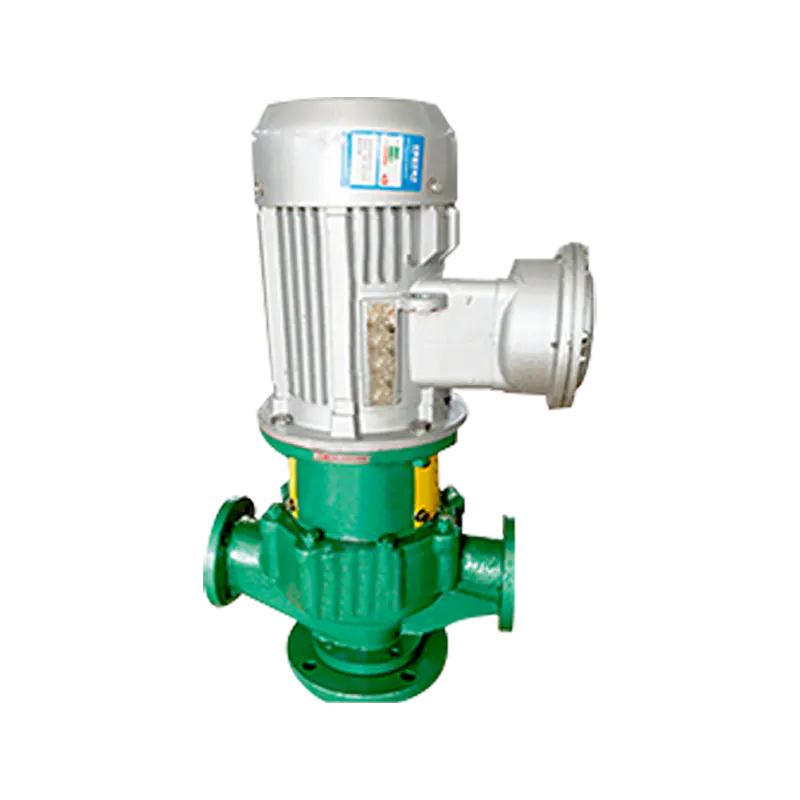A pipeline pump plays a vital role in a wide range of industrial and commercial applications. Known for its efficiency, durability, and robust performance, a pipeline pump is specifically designed to transport fluids such as water, oil, chemicals, and other liquids through a pipeline system. These pumps are also commonly referred to as inline pumps, centrifugal pipeline pumps, or pipeline circulation pumps, depending on their design and functionality.
What is a Pipeline Pump?
A pipeline pump is a type of centrifugal pump installed directly within a pipeline. It is designed to maintain a consistent flow and pressure within a closed-loop or open-loop piping system. These pumps are widely used in HVAC systems, water supply networks, chemical processing plants, and industrial fluid transport systems.
One of the most distinguishing features of a pipeline pump is its compact, vertical or horizontal structure that aligns with the piping, making installation and maintenance straightforward. These pumps are ideal for applications requiring space efficiency and steady pressure without the need for complex piping layouts.
Key Advantages of Pipeline Pumps
Efficient Fluid Transfer
Pipeline pumps are engineered to deliver fluids over long distances with minimal energy loss. This high efficiency reduces operational costs and ensures reliable system performance.
Compact and Space-Saving Design
Their inline configuration allows for installation directly in the pipeline, saving valuable floor space, especially in urban or industrial environments where space is limited.
Low Maintenance Requirements
Most inline centrifugal pumps are designed with simplicity in mind. They feature a minimal number of moving parts and are easy to service, which reduces downtime and maintenance costs.
Wide Range of Applications
Whether used for clean water transport, chemical circulation, or industrial fluid handling, pipeline pumps offer versatility and adaptability across various industries.
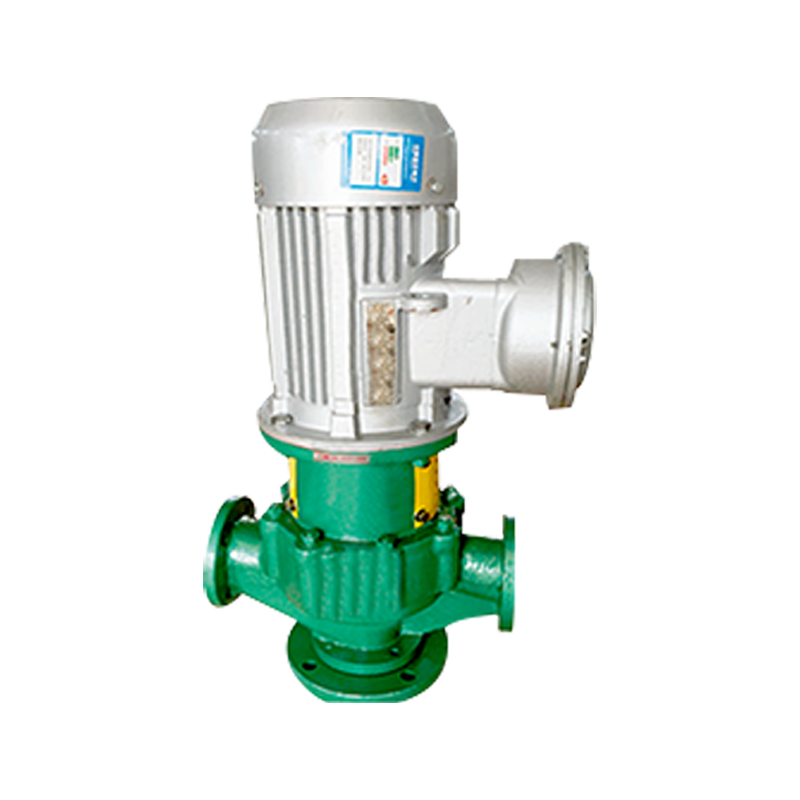
Common Applications of Pipeline Pumps
Municipal Water Supply: Pipeline pumps are essential for ensuring consistent water pressure and delivery across city infrastructure.
HVAC Systems: They maintain circulation in heating and cooling systems, helping regulate building temperatures efficiently.
Oil and Gas: These pumps support the safe and steady movement of crude oil and natural gas in pipelines.
Chemical Processing: Pipeline pumps handle the transfer of corrosive or hazardous chemicals in controlled environments.
Firefighting Systems: Inline pumps are integrated into fire suppression systems to guarantee instant water availability during emergencies.
Choosing the Right Pipeline Pump
Selecting the appropriate pipeline pump requires a thorough understanding of the application’s requirements. Factors to consider include:
Flow rate and head pressure
Fluid characteristics (viscosity, temperature, chemical composition)
Pump material (cast iron, stainless steel, bronze, etc.)
Power requirements and energy efficiency ratings
Leading manufacturers offer a range of pipeline centrifugal pumps, vertical inline pumps, and horizontal pipeline pumps designed to meet the demands of various industries. Customization options are often available for specific flow conditions and fluid types.

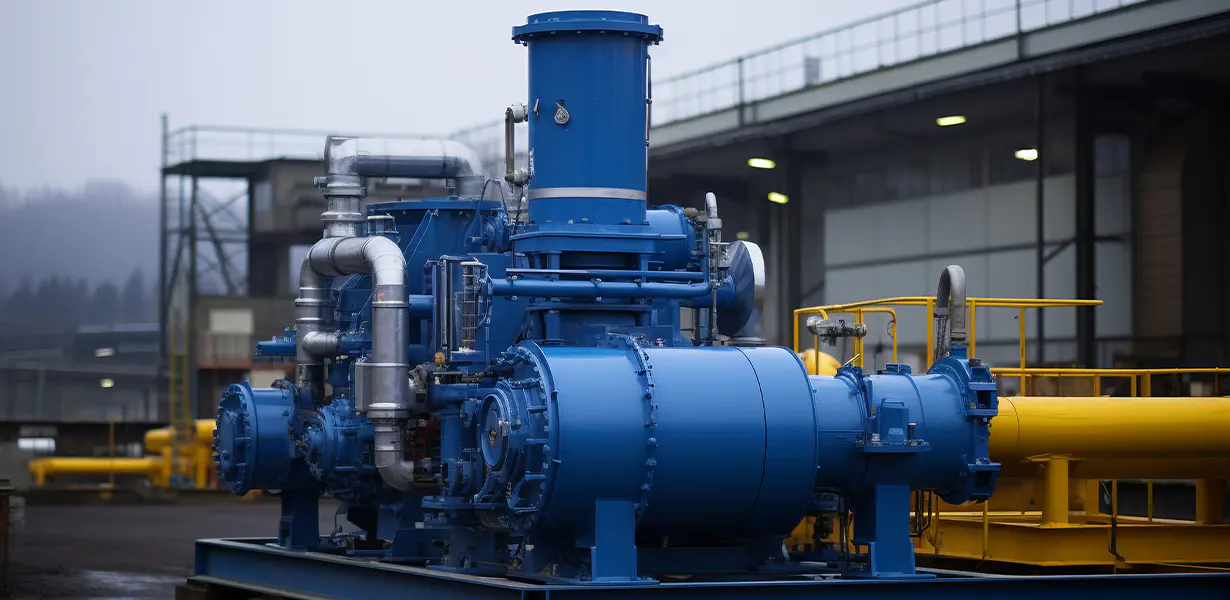
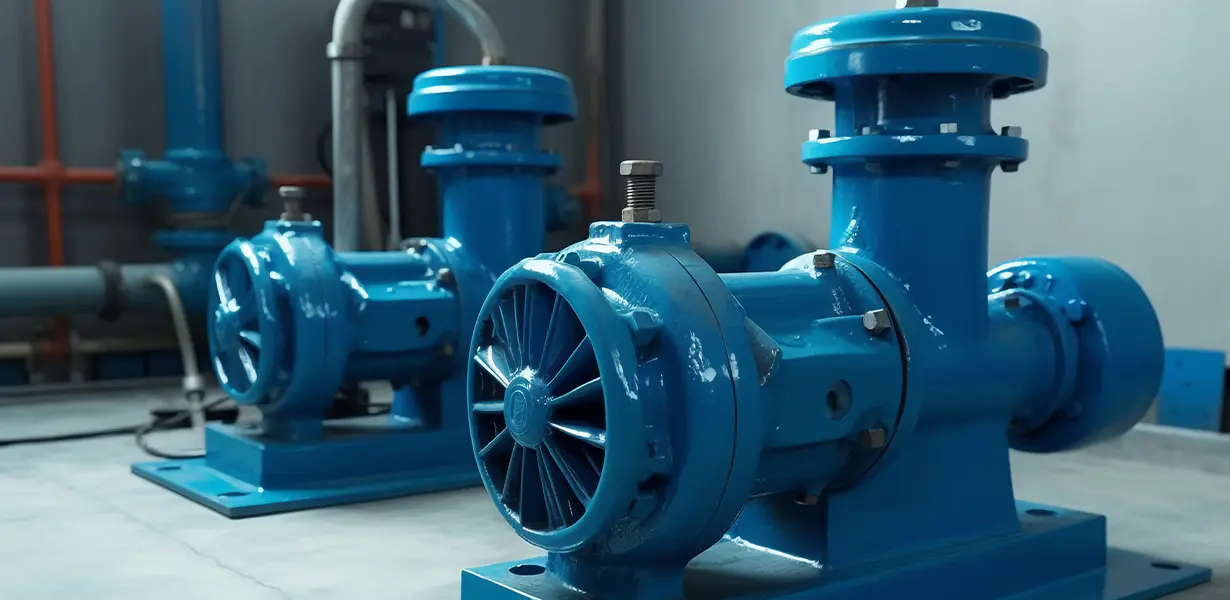
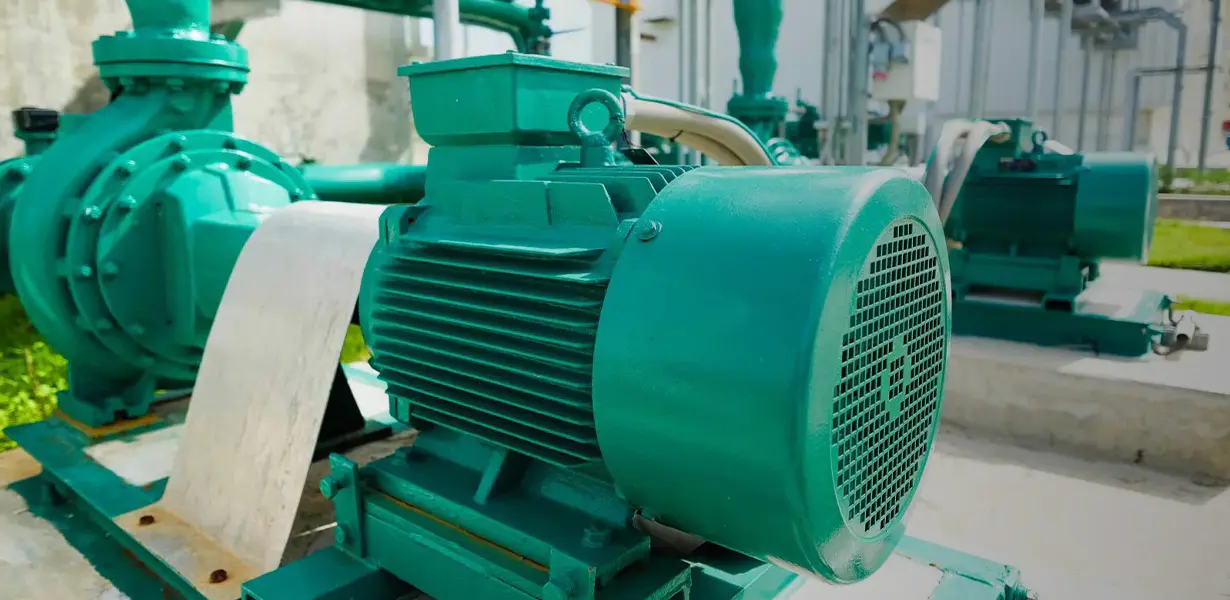
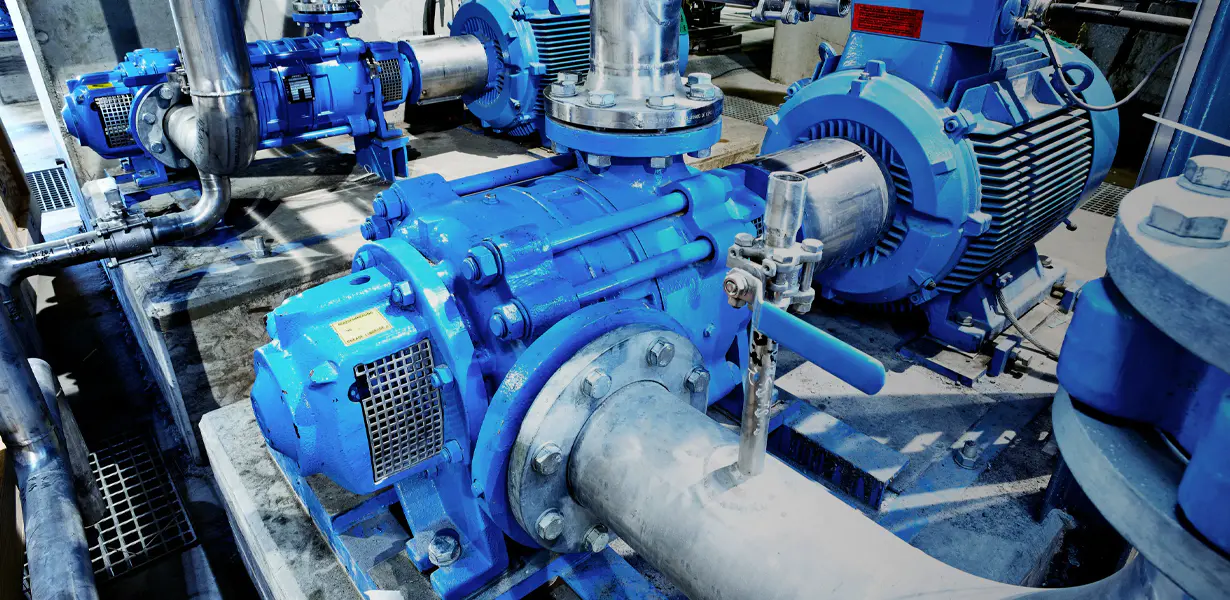
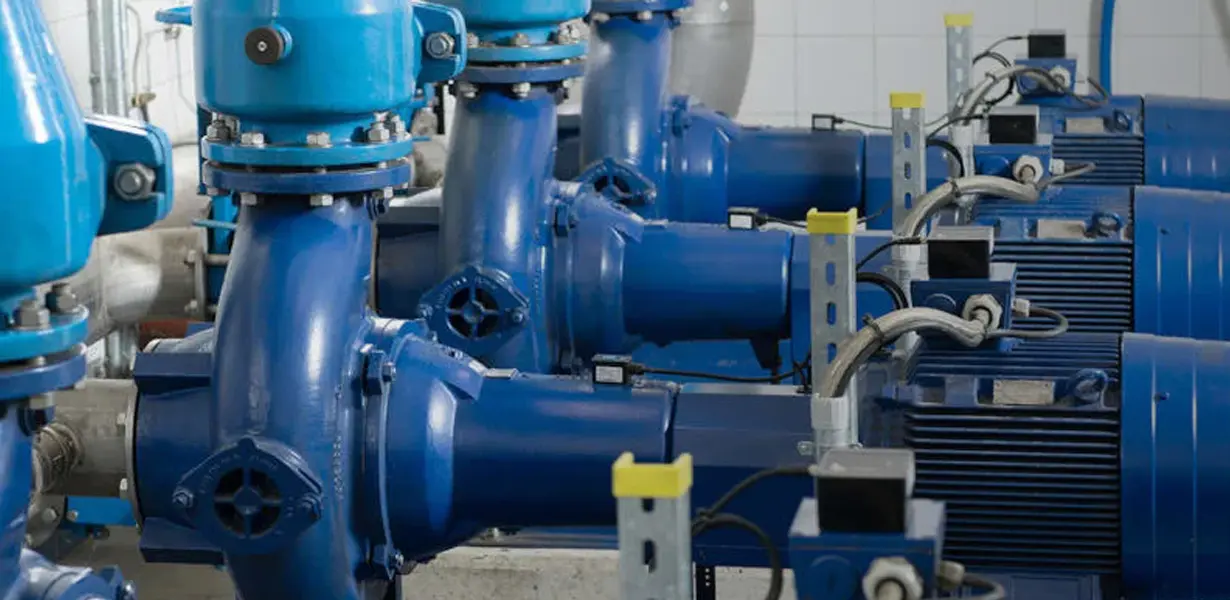


 English
English русский
русский Español
Español Français
Français








